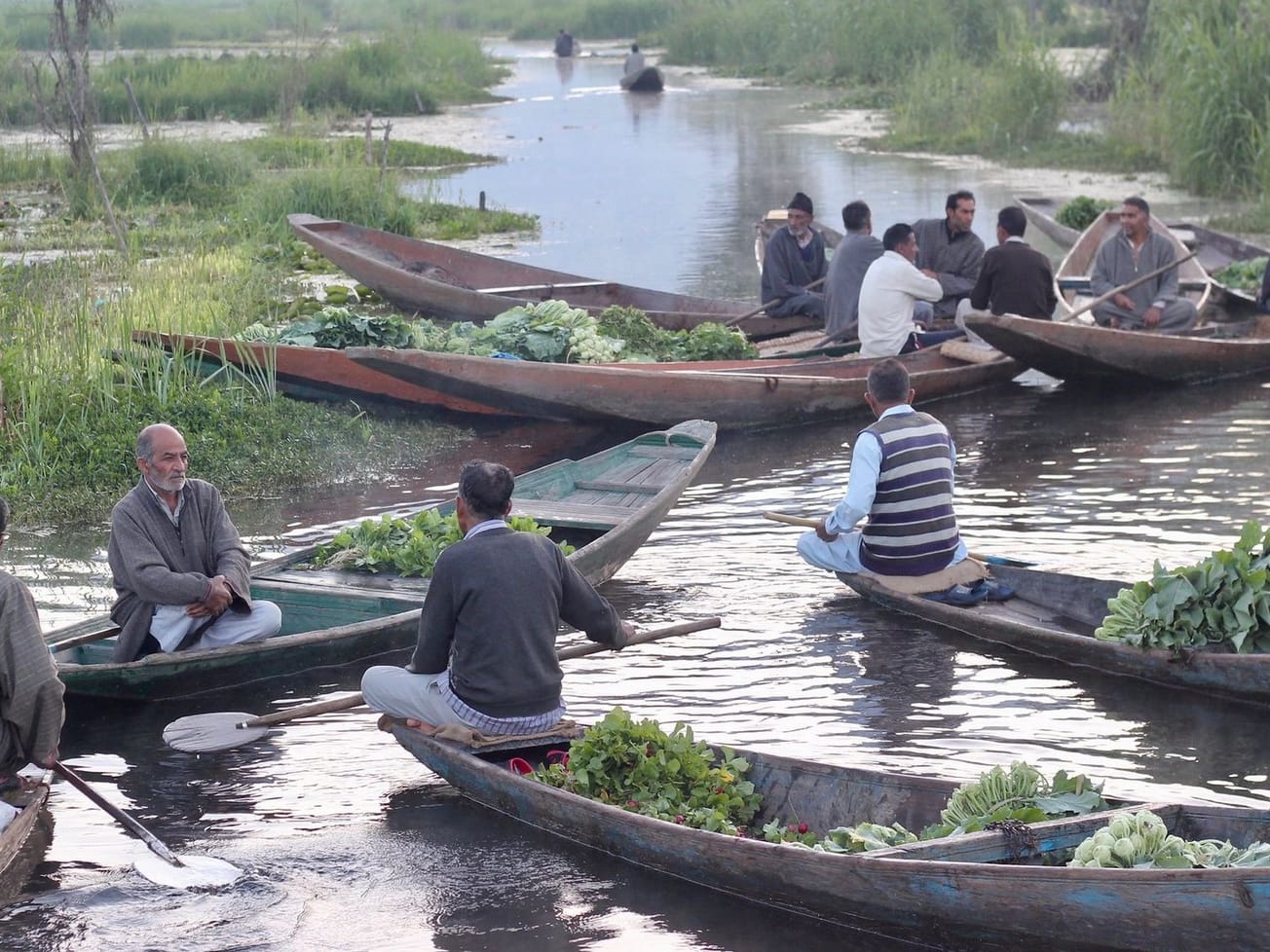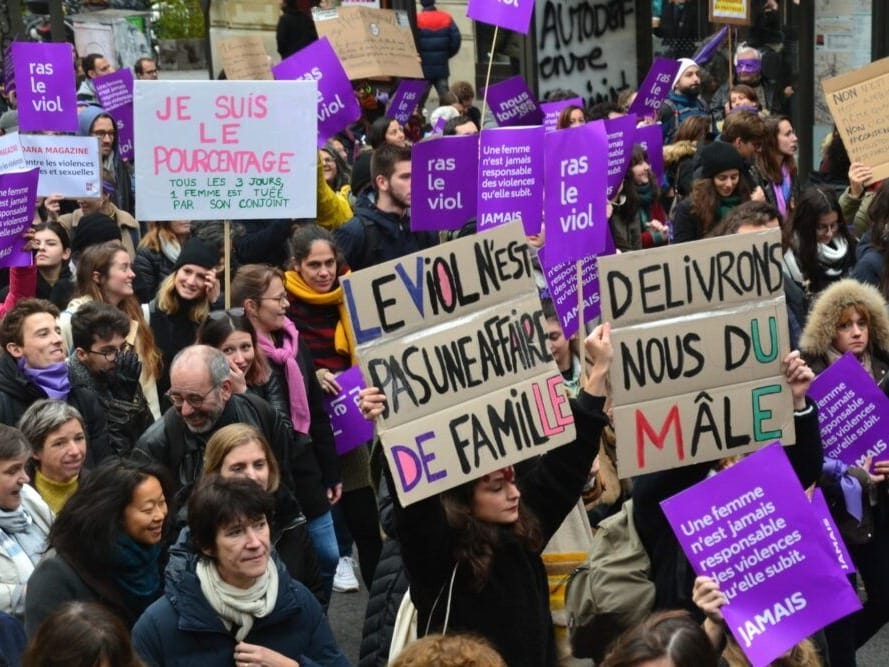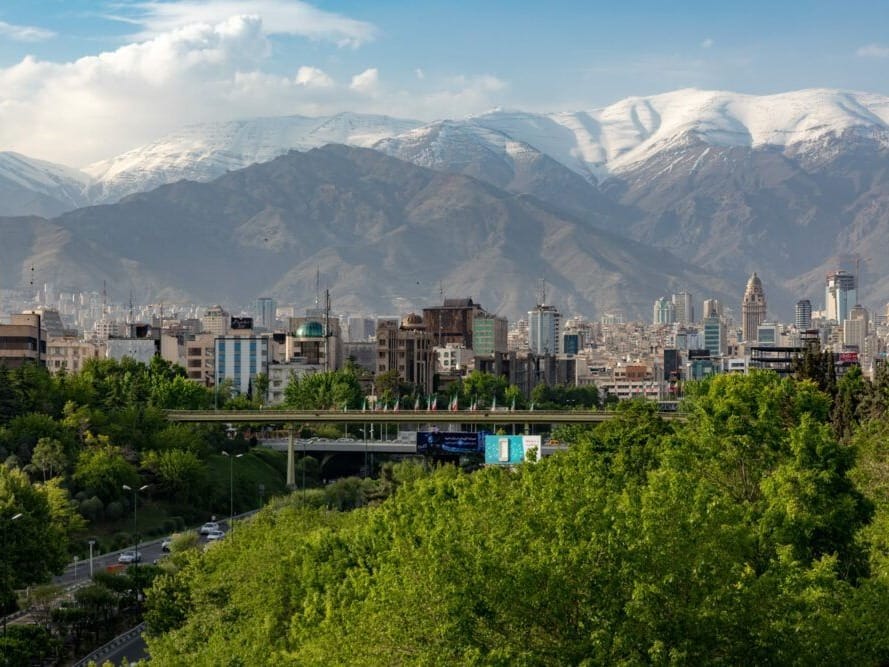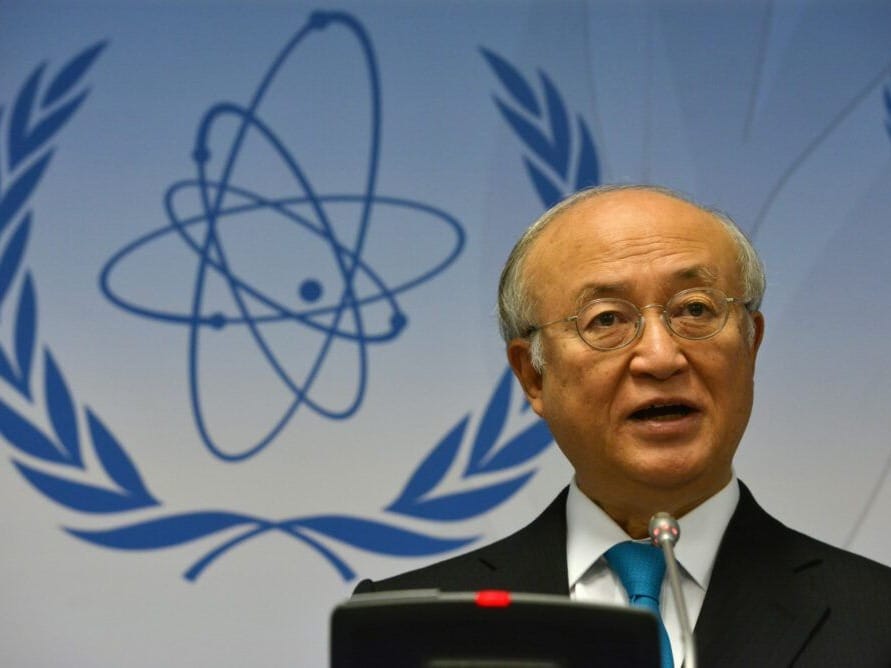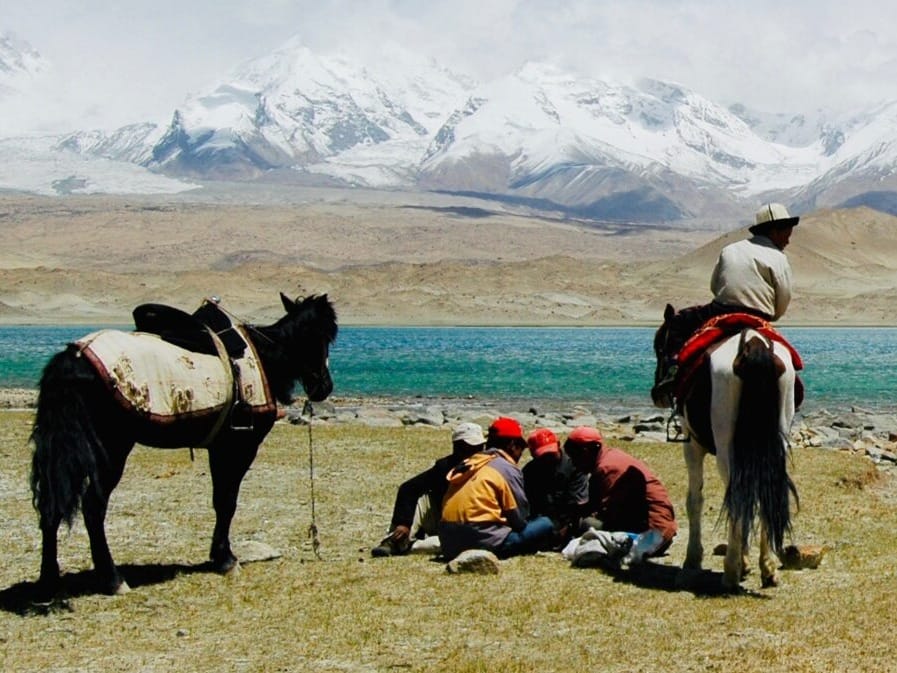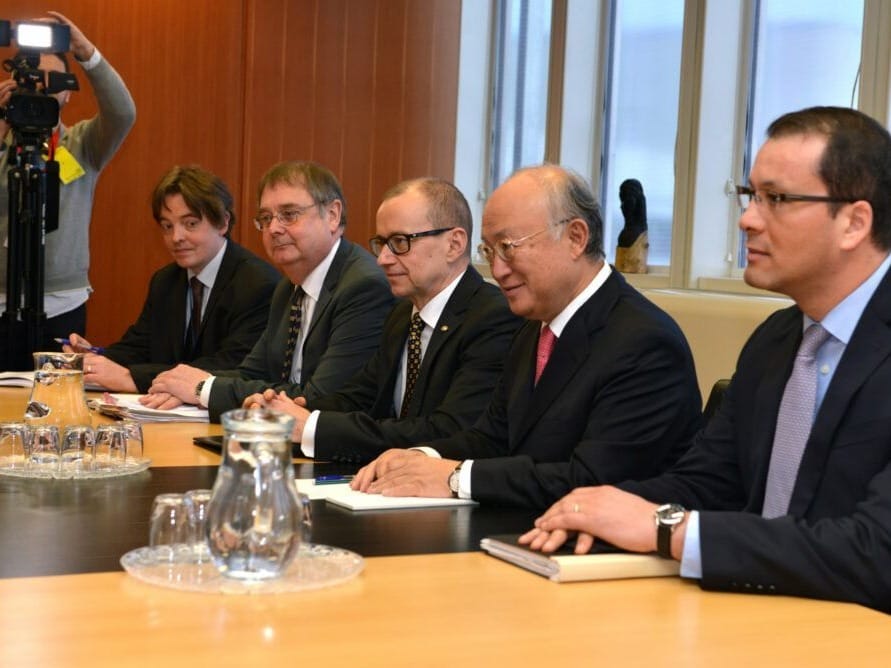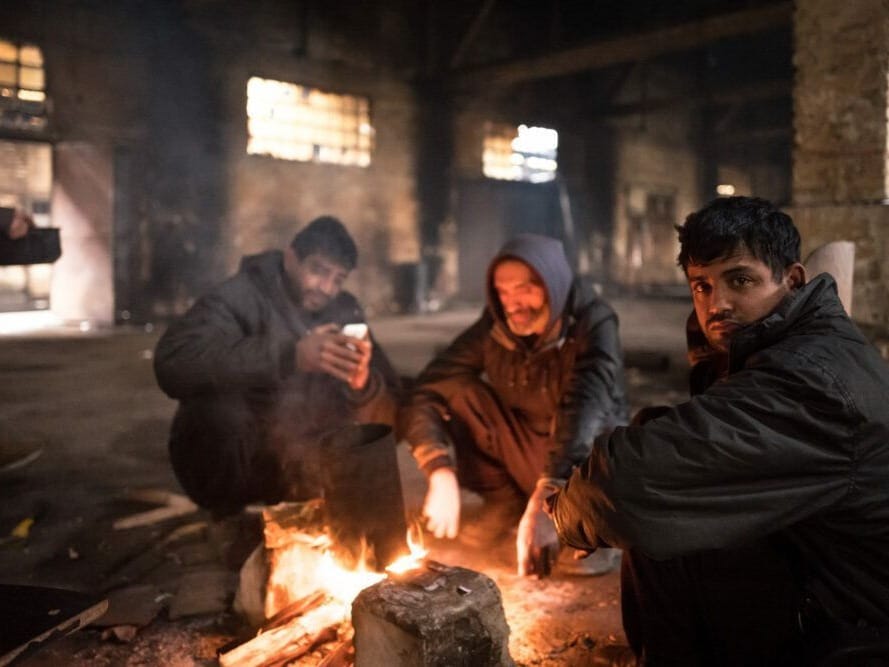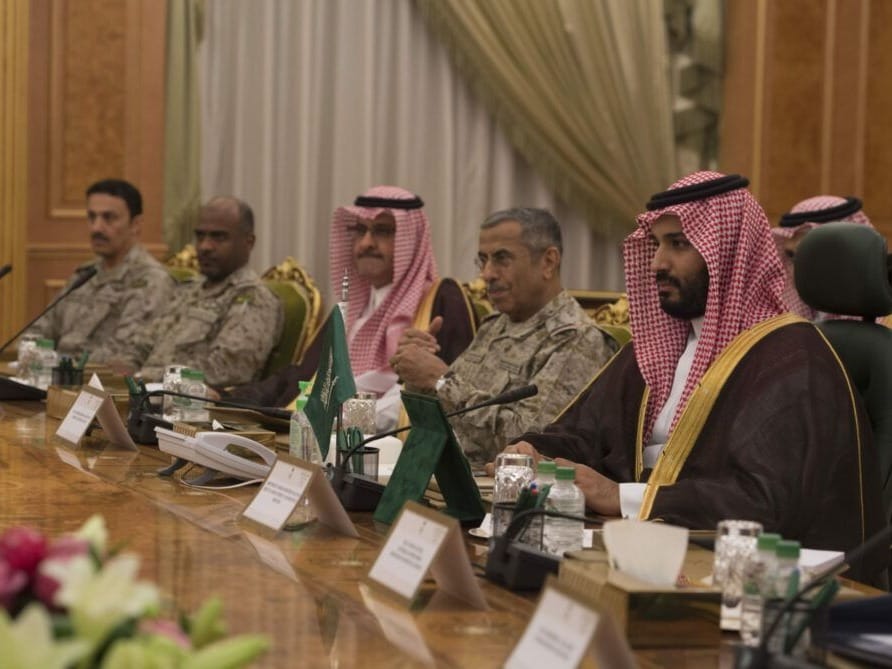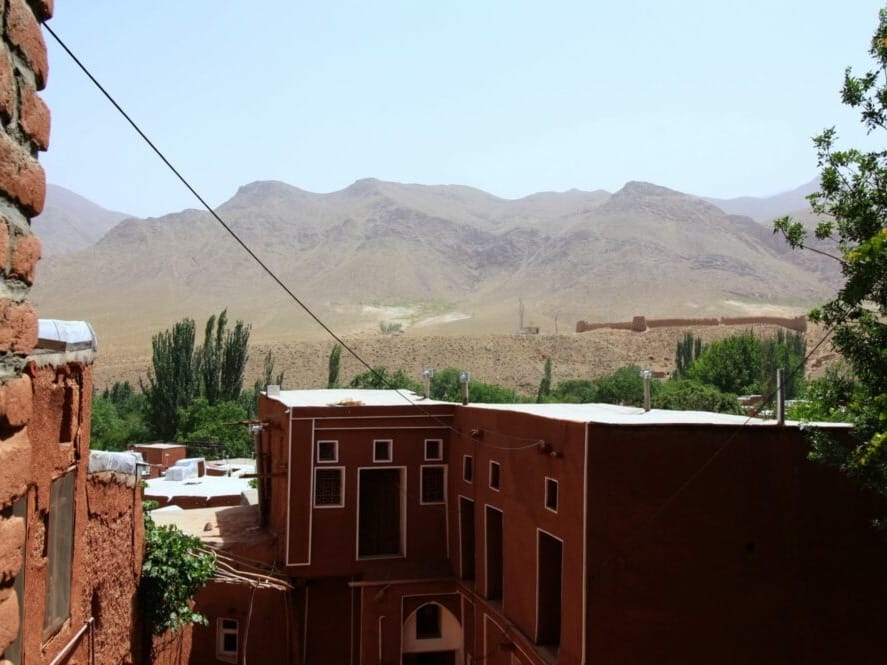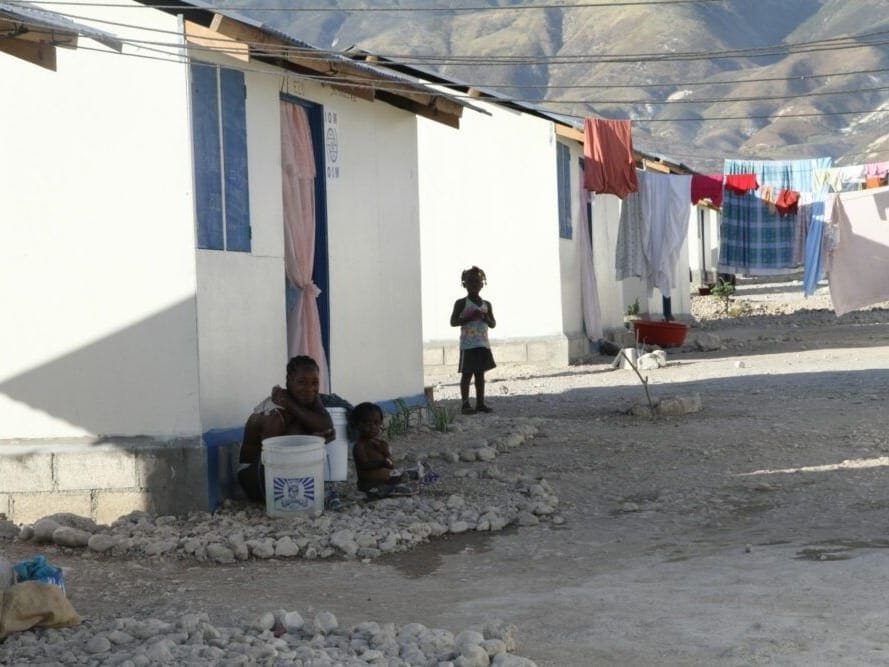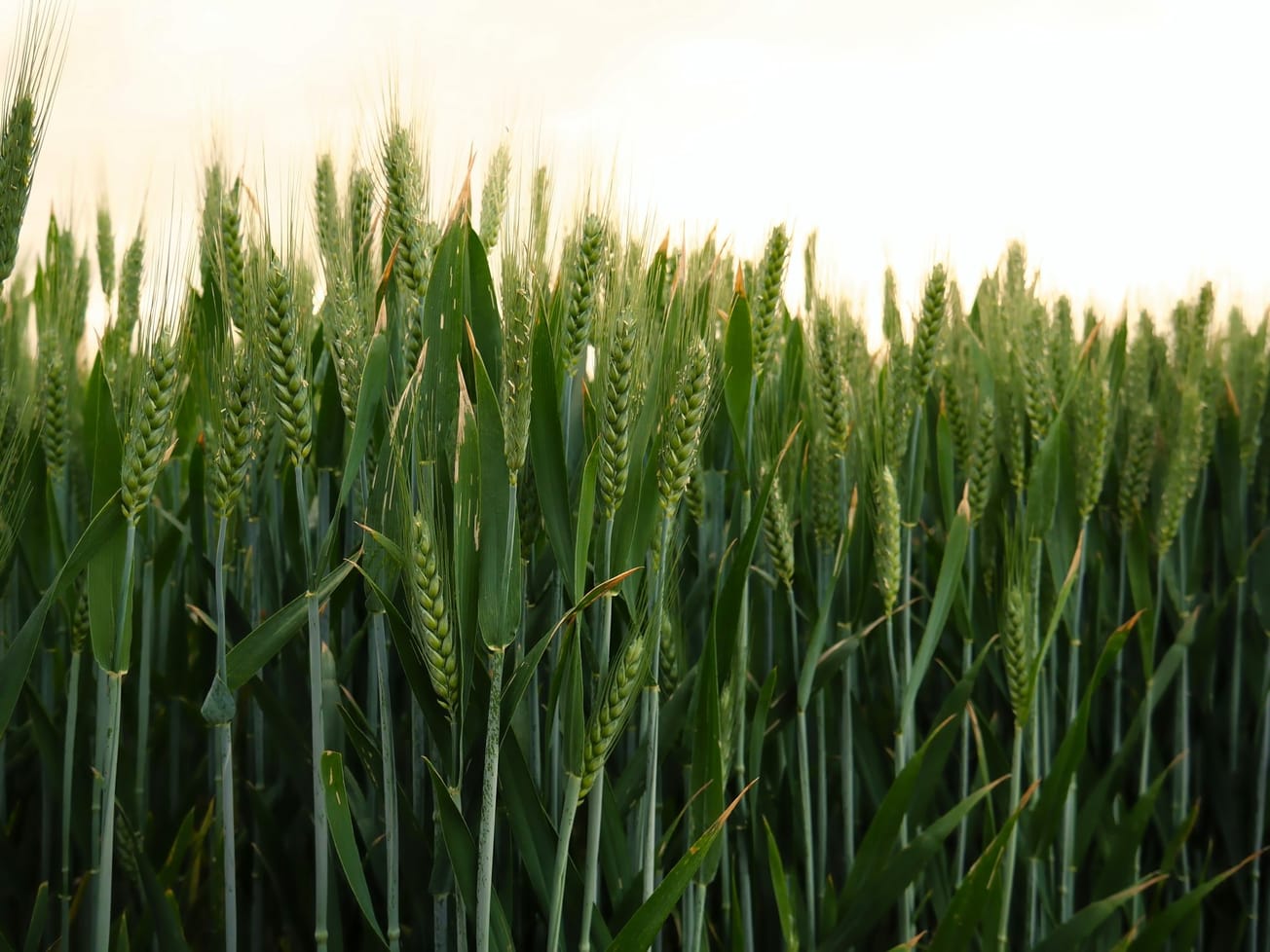
Climate report urges change in human diet to improve land use
The IPCC shows how overconsumption and ill treatment of animals, forests and plants is making global warming worse.
Already have an account? Log in
The IPCC shows how overconsumption and ill treatment of animals, forests and plants is making global warming worse.
The moves are a furious reaction to India revoking the protected status Jammu and Kashmir held for six decades.
The treaty, which took effect in 2014, builds on efforts to protect women and girls from violence since the 1990s. Some nations say they oppose it based on sovereignty concerns.
The military delivered more than 88,000 tons of packages and letters last year and must now plan for a possible disruption.
Iran's biggest European trading partners are Germany, Italy, France, Spain, Belgium, the Netherlands, Austria, and Greece.
Mona Juul, Norway U.N. ambassador, won election as president of the 54-nation U.N. Economic and Social Council.
He had been in poor health since 2018 and already let it be known he planned to resign next March, midway through his third term, which would have run through 2021.
The condemnation came from Australia, Canada, Iceland, Japan and New Zealand, along with 17 European nations.
Iran is only allowed to enrich a certain amount of uranium up to 3.67%, enough to fuel a commercial nuclear power plant.
The 15-nation council unanimously condemned recent attacks on oil tankers and called them a threat to international peace.
The number of refugees, internally displaced people and asylum-seekers rose by 2.3 million from 2017. And over the past two decades, the number has doubled.
The team's report pins responsibility for journalist Jamal Khashoggi's murder on Saudi Arabia and 15 of its agents.
A spokesperson for Iran's Atomic Energy Organization said the stockpile would exceed the limit before the end of June.
The scandal surfaced in the aid work that Oxfam Great Britain did for Haitians displaced by the January 2010 earthquake.
Finance leaders from the world's 20 biggest economies projected moderate global growth and recovery later this year and into 2020, but warned of risks from a prolonged trade war.
The French ceremonies spotlighted the unfathomable sacrifices and international cooperation that made possible the post-World War II era of prosperity and multilateralism.
